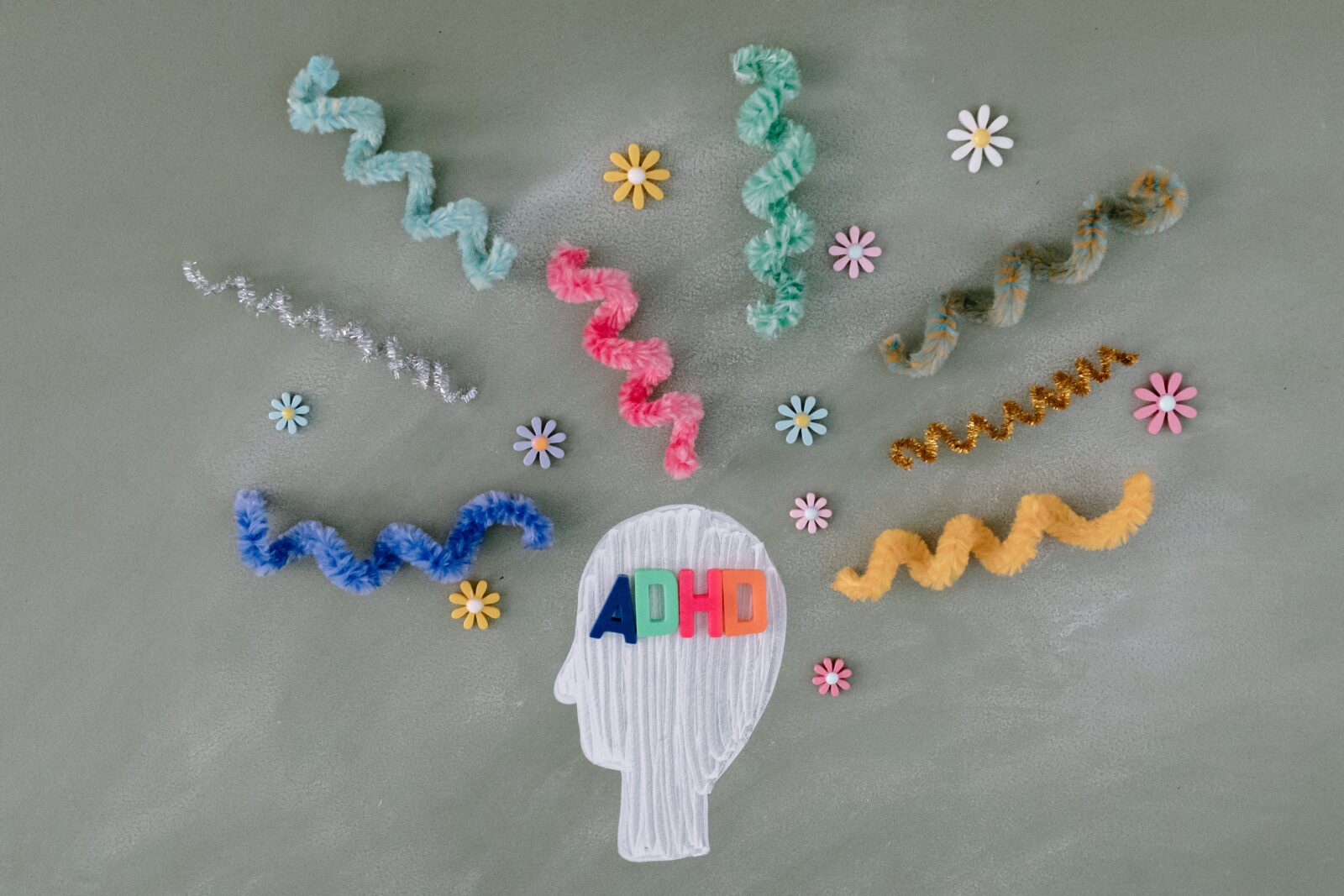Managing Work with ADHD – Easy Tips for Success

Attention Deficit Hyperactivity Disorder (ADHD) is a neurodevelopmental condition that can present unique challenges in the workplace. Individuals with ADHD often struggle with maintaining focus, staying organized, and managing time effectively. However, with the right strategies and support, it is entirely possible to excel in one’s career while living with ADHD. This post will explore the various aspects of managing work with ADHD, offering practical advice and tips for success.
Understanding ADHD
ADHD is characterized by core symptoms such as inattention, hyperactivity, and impulsivity. For adults, these symptoms can manifest as difficulty concentrating, forgetfulness, restlessness, and impulsive decision-making. It’s important to understand that having ADHD doesn’t equate to a lack of intelligence or ability. Many highly successful individuals have ADHD, but they’ve learned to manage their condition effectively.
Diagnosis and Disclosure
If you suspect you have ADHD but haven’t been diagnosed, seeking professional assessment is crucial. A proper diagnosis can open doors to accommodations and support in the workplace. Once diagnosed, you might choose to disclose your ADHD to your employer. Disclosure can help you access reasonable accommodations, such as flexible work hours or a quieter workspace, which can significantly improve your work environment.

Time Management
One of the most challenging aspects of ADHD is time management. To tackle this issue:
- Use Time Blocking: Schedule your day into blocks of time for specific tasks. Use timers to remind you when to start and stop each task.
- Prioritize Tasks: Identify the most important tasks and tackle them first. Consider using the Eisenhower Matrix to categorize tasks by importance and urgency.
- Set Alarms and Reminders: Use alarms on your phone or computer to keep you on track. Many task management apps also offer reminders and to-do lists.
- Break Tasks into Smaller Steps: Complex projects can be overwhelming. Break them into smaller, manageable steps to maintain focus and avoid procrastination.
Organization
Staying organized is key to success with ADHD:
- Declutter Your Workspace: A clean, organized workspace can reduce distractions and make it easier to find what you need.
- Use Tools: Consider using tools like digital calendars, task management apps, and sticky notes to keep track of appointments, deadlines, and important information.
- Color Coding: Organize your notes and tasks with color-coding systems. This visual approach can make information easier to process.
- Checklists: Create daily checklists to keep track of tasks. There’s something satisfying about crossing off completed items.

Focusing Techniques
Maintaining focus can be challenging for individuals with ADHD. Here are some strategies to help:
- The Pomodoro Technique: Work in short, focused bursts (typically 25 minutes) followed by a short break. This can help you maintain concentration and prevent burnout.
- Eliminate Distractions: Identify common distractions and take steps to minimize them. This might mean using noise-canceling headphones, blocking distracting websites, or finding a quiet workspace.
- Mindfulness and Meditation: Practicing mindfulness and meditation can improve your ability to focus and reduce impulsivity.
- Regular Exercise: Physical activity can boost focus and mood. Incorporate regular exercise into your routine to help manage ADHD symptoms.
Medication and Therapy
For many individuals with ADHD, medication and therapy are essential components of their treatment plan. Medications like stimulants and non-stimulants can help improve attention and reduce impulsivity. Behavioral therapies, such as Cognitive Behavioral Therapy (CBT), can also teach coping strategies for managing ADHD symptoms.
Self-Care and Well-Being
Balancing work and self-care is essential for managing ADHD:
- Get Adequate Sleep: Ensure you get enough quality sleep to support focus and overall well-being.
- Nutrition: A balanced diet rich in lean proteins, fruits, vegetables, and whole grains can positively impact ADHD symptoms.
- Exercise: Regular physical activity can help manage symptoms and improve mood.
- Stress Reduction: Practice stress reduction techniques such as deep breathing, yoga, or mindfulness to maintain emotional well-being.

Communication
Effective communication is vital in the workplace, especially if you’ve disclosed your ADHD:
- Open Dialogue: If you’ve disclosed your condition, maintain open and honest communication with your supervisor and colleagues. Discuss your needs and any accommodations required.
- Advocate for Yourself: Don’t be afraid to speak up if you need adjustments to your work environment or tasks to accommodate your ADHD.
- Set Clear Expectations: Ensure that you and your supervisor have clear, realistic expectations about your job responsibilities and deadlines.
Support Networks
Building a strong support network can make a significant difference:
- Seek Support Groups: Joining ADHD support groups can provide valuable insights and strategies from people facing similar challenges.
- Professional Help: Consider working with a therapist or counselor who specializes in ADHD. They can provide personalized strategies and support.

Managing work with ADHD is entirely possible with the right strategies and support. Understanding your condition, practicing effective time management and organization, and implementing focusing techniques can help you excel in your career. Remember that ADHD doesn’t define you, and with the right approach, you can reach your full potential in the workplace.










